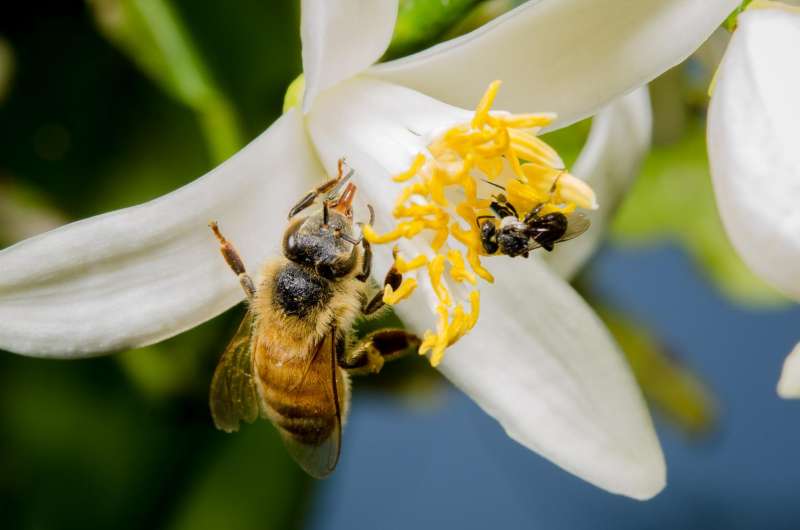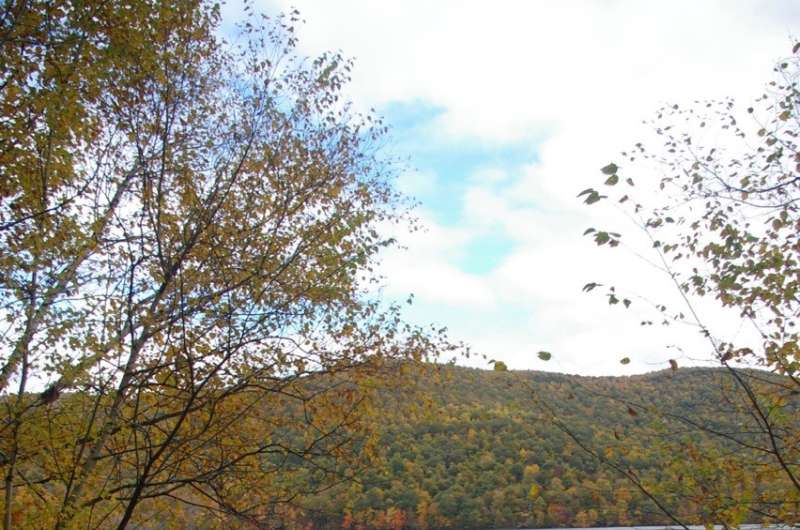New research to help preserve the benefits people receive from nature

Humans rely on things that come from nature—including clean air, water, food, and timber. But how can we tell if these natural services that people rely on, are at risk of being lost, potentially permanently?
That is the focus of a new paper by an international team, led by Dr Martine Maron from The University of Queensland's School of Earth and Environmental Sciences.
"There are many things that happen in nature that provide benefits to people, and we call these ecosystem services," Dr Maron said.
"As well as natural goods, like seafood, crops, and timber, they can also include other things like the well-being benefits of spending time in a park or at the beach, protection from flooding and even regulation of the climate.
"Many of these things are essential to people, but until now, there hasn't been a consistent way to look at whether different ecosystem services are under threat from growing human demand or unsustainable levels of use.
"We have developed a framework to identify services that at risk of being undersupplied or even of being lost entirely. This allows time to either move towards more sustainable use, or to start planning for alternatives when we lose the ecosystem service.
"At its core, the framework is a method to analyse supply and demand, and the different things that affect them, like the condition of natural systems and whether demand by people is expected to change over time.

"For example, a fishery might have been able to supply demand until now, but as the local population grows, the whole ecosystem service can become under threat when demand exceeds supply."
Dr Matthew Mitchell, a study co-author based at the University of British Columbia, said: "An example we often see in our cities is the loss of vegetation and its ability to intercept rainwater and reduce flooding.
"People continue to develop flood-prone areas while also clearing vegetation and building on upstream slopes, so floods are becoming more common and damaging."
Dr Maron said the new framework could provide a basis for global, national and regional assessments of threat to ecosystem services, and accompany existing assessments of threat to species and ecosystems.
"As the need to prioritise investment in safeguarding ecosystem services becomes more urgent, a framework for assessing when and where ecosystem services are imperilled is timely," she said.
The study is published in Trends in Ecology and Evolution.
Journal information: Trends in Ecology and Evolution
Provided by University of Queensland


















